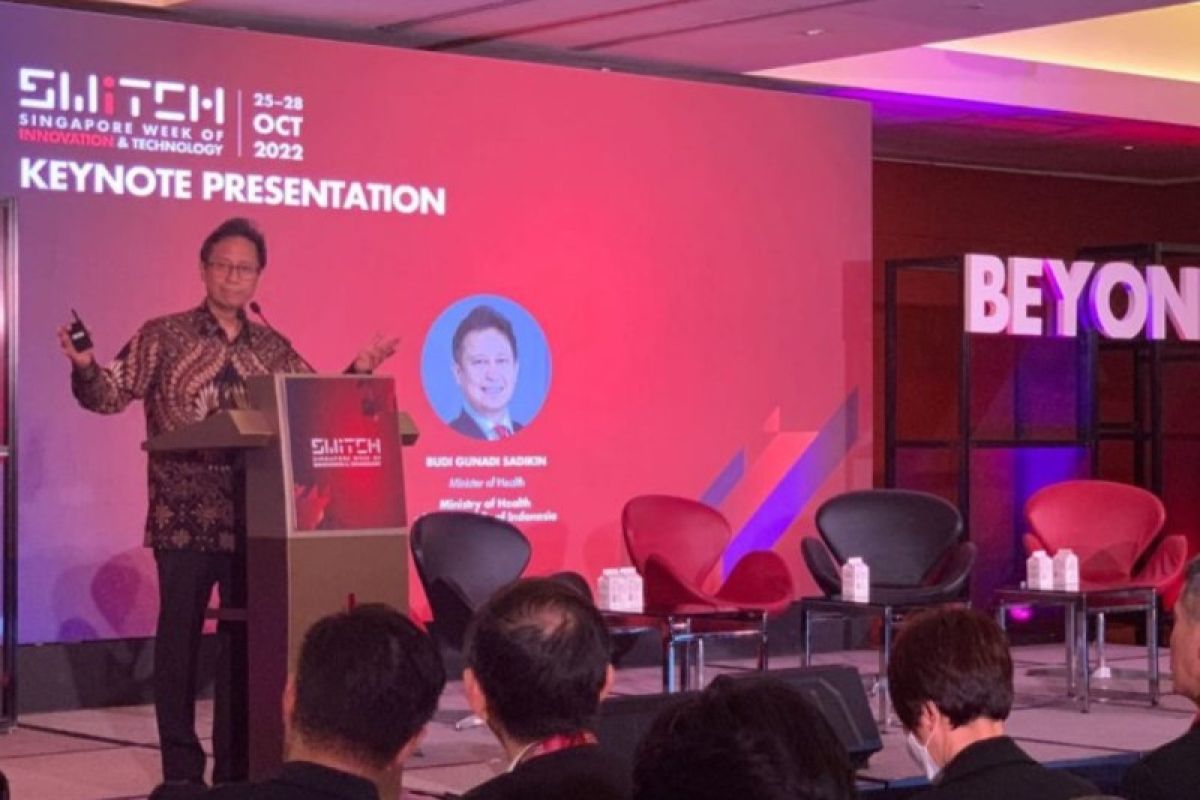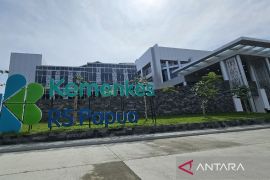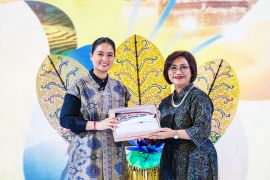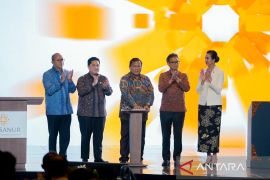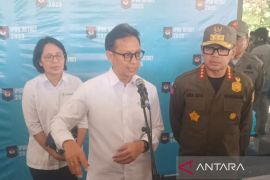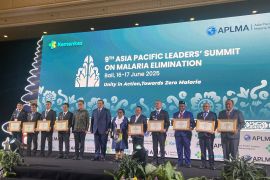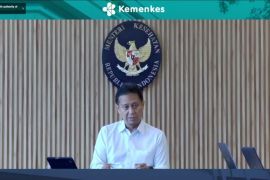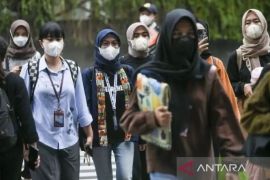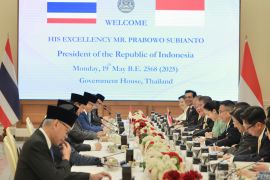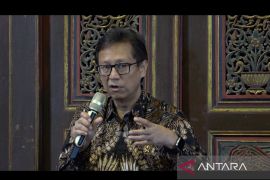Through the transformation of health technology, we are targeting to improve diagnosis and therapy for major diseases in Indonesia, such as diabetes, tuberculosis, stroke, and othersBali (ANTARA) - Indonesian Health Minister, Budi Gunadi Sadikin, sought the participation of foreign businessmen to focus on developing biotechnology and investing in health transformation programs in Indonesia.
"Through the transformation of health technology, we are targeting to improve diagnosis and therapy for major diseases in Indonesia, such as diabetes, tuberculosis, stroke, and others," the minister noted in a statement on Wednesday.
Sadikin made the statement in front of hundreds of business leaders, innovation champions, academics, and information technology industries at the Innovation and Technology Week Meeting in Singapore that was also attended by the deputy prime minister of Singapore and investors at the Indonesian Embassy in Singapore, Tuesday .
Sadikin noted that the COVID-19 pandemic was an opportunity for Indonesia to conduct health system transformation.
Related news: Minister shares details of probe into acute kidney injury cases
The Indonesian government has made several efforts in the transformation of health technology starting from implementation of the Biomedical & Genome Science Initiative (BGSi), Satu Sehat Platform, and transformation of the Peduli Lindungi application to Citizen Health Apps, he remarked.
Through One Health Data, the minister is optimistic that data synchronization would be established in all health care facilities in Indonesia, starting from 10,260 community health centers (puskesmas), 11,347 clinics, 2,985 hospitals, 5,862 doctor and dentist practices, 1,400 laboratories, and 30,199 pharmacies to be integrated.
Moreover, Peduli Lindungi's transformation into Citizen Health Apps is supported by the fact that the application has been widely used by the public, or more than 95 million Indonesians.
Peduli Lindungi's development will target electronic medical record storage, health promotion, drug profiles, drug services and use, hospital bed occupancy information, early warning systems, tracing and testing, and integrated telemedicine services.
Related news: Contamination from liquid drug solvents causes acute kidney failure
According to Sadikin, Indonesia is also implementing the 2022 Health Innovation Sprint Accelerator (HISA), which is an incubation program for start-ups and innovators in the health sector.
The program aims to improve the quality of health through innovation in the health technology and biotechnology sectors in Indonesia. It will be started in five major cities in Jakarta by recruiting 11 health innovation teams and four biotechnology innovation teams. One of them is a meeting with Chairman of Singapore Enterprise, Peter Ong, as a government agency that fights for the development of companies, especially in health care and biomedicine.
As a catalyst for the Digital Health Ecosystem, the Ministry of Health opens up opportunities for collaboration with stakeholders, such as universities, the medical devices industry, communities, start-ups, health services, and insurance providers for knowledge transfer, and partners for implementation, Sadikin remarked.
"Investing in health technology is an effort to increase Indonesia's health resilience and increase its value for health," he remarked.
On the same agenda, the minister also conversed with Co-Founder and Managing Partner of East Ventures, Willson Cuaca. During the discussion, Minister Sadikin also outlined the six pillars of health transformation.
As is known, the Ministry of Health has six agendas for implementing health transformation, starting from the transformation of primary health services, referral health services, health system resilience, transformation of health financing, transformation of health human resources, and transformation of health technology and biotechnology.
Related news: Minister invites IDI to intensify collaboration in tackling diseases
Related news: Ministry provides free medicine for treating acute kidney disorders
Translator: Andi Firdaus, Resinta S
Editor: Fardah Assegaf
Copyright © ANTARA 2022
